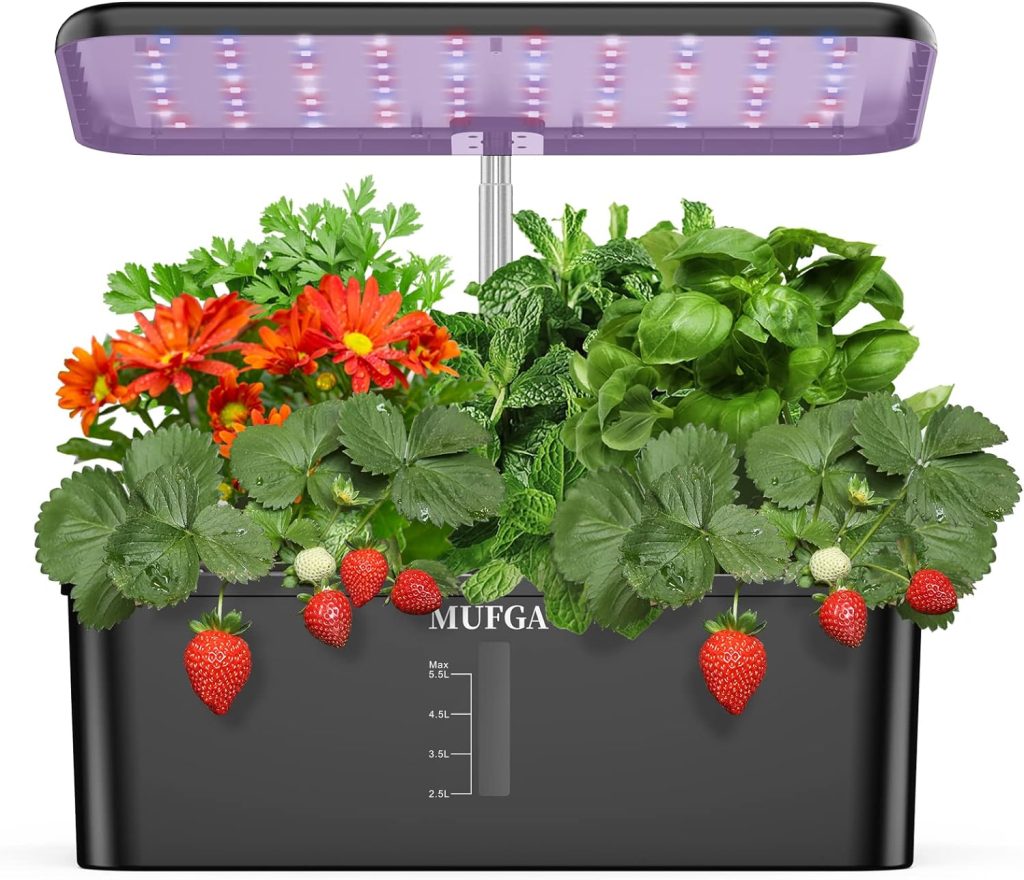Organic Hydroponic Nutrient Solutions
Organic hydroponic nutrient solutions represent a fascinating intersection between the efficiency of hydroponic farming and the sustainability of organic agriculture.
Unlike commercial hydroponic systems that often rely on inorganic nutrients, organic hydroponics uses natural sources of nutrients to support plant growth. This method is gaining popularity among environmentally conscious growers and those looking to produce healthier crops without the chemical residues associated with conventional fertilizers.
What are Organic Hydroponic Nutrient Solutions?
Organic hydroponic nutrient solutions are formulated from natural, often plant-based or mineral sources. They are designed to provide the essential nutrients that plants need to thrive in a soilless environment. These solutions include:
- Nitrogen: Vital for leaf and stem growth, often derived from sources like blood meal, fish emulsion, or compost tea.
- Phosphorus: Essential for root development and flower production, commonly sourced from bone meal, bat guano, or rock phosphate.
- Potassium: Important for overall plant health and disease resistance, typically extracted from kelp meal, wood ash, or sulfate of potash.
In addition to these primary nutrients, organic solutions also provide secondary nutrients (calcium, magnesium, sulfur) and trace elements (iron, manganese, zinc, copper, molybdenum, boron) through organic matter and naturally occurring minerals.
Benefits and Challenges
Benefits:
- Environmental Sustainability: Organic nutrient solutions reduce the dependency on synthetic chemicals, which can have harmful environmental impacts through runoff and soil degradation.
- Healthier Produce: Crops grown with organic nutrients are often free from chemical residues, appealing to consumers who prefer organic products for their potential health benefits.
- Improved Soil Health: Although hydroponics doesn’t use soil, the principles of organic nutrient management can inform broader agricultural practices, promoting healthier soils in integrated farming systems.
- Enhanced Flavor and Nutritional Value: Many advocates claim that organically grown produce often has superior taste and nutritional profiles compared to conventionally grown counterparts.
Challenges:
- Nutrient Consistency: Organic nutrients can be less consistent in their availability compared to synthetic options. This variability can make it challenging to maintain the precise nutrient balance needed in hydroponic systems.
- Cost: Organic nutrient solutions can be more expensive to produce and purchase than synthetic fertilizers. This could potentially increase operational costs for hydroponic farms.
- Bioavailability: Organic nutrients often need to be broken down by microbial activity before plants can absorb them. This an be less efficient in a soilless system where microbial populations are not as robust as in soil.
Practical Applications and Innovations
Developing Effective Solutions:
Innovations in organic hydroponic nutrient solutions focus on enhancing the availability and efficiency of nutrients. Some strategies include:
- Compost Teas and Extracts: Using aerated compost teas to introduce beneficial microbes and soluble nutrients into hydroponic systems.
- Fermented Plant Extracts: Harnessing the power of fermentation to create nutrient-rich solutions from plant materials.
- Mineral Additives: Incorporating naturally occurring minerals that are more readily available to plants.
Case Studies and Success Stories:
- Urban Farming Initiatives: Several urban farms have successfully implemented organic hydroponic systems, producing a wide range of vegetables and herbs with reduced environmental footprints.
- Research and Development: Universities and agricultural research centers are actively exploring the best practices for organic hydroponics. This could help them balance nutrient availability, cost-effectiveness, and sustainability.

